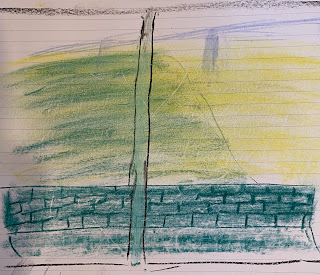Like many others, I have been playing with generative AI for the past few months. I am an author of scientific papers and, even more so a frequent reviewer. I have been elated by the potential of generative AI to bridge the gap between English knowledge and conducting high-quality research, especially for international scholars whose first language is not English. This is an opportunity to level the playing field and allow equal access to academic publishing, which is predominantly conducted in English. Many times I have reviewed articles with good ideas but really hard-to-understand language that required many rounds of review and editing before it was publishable.
On the other hand, generative AI is quite as capable of generating data that isn't there (often referred to as hallucinating). For example, after being asked about my publications Chat GPT 3.5 spit out this list: None of the publications are real! This will require our publication engines to allow us to track every in-text reference with quick access so reviewers can check the veracity of such claims that may be "halucinated".Even more challenging is generative AI's ability to "hallucinate" research studies. In a manner of a few minutes, I was able to have Chat GPT generate two potential studies about reading instruction (synthetic phonics and reading recovery) with ANOVA designs, including result tables. I even got Chat GPT to design and execute a study about the impact of a Wind Surfing intervention on Math achievement of second graders. For example, examine this paragraph generated after I requested a qualitative study instead:
"As this study focuses on qualitative exploration, the quantitative results will not be the primary focus. However, to provide a broader context for the qualitative findings, basic descriptive statistics of math achievement scores may be reported for both the windsurfing instruction group and the control group. These scores will be collected through pre- and post-intervention math assessments administered to all participants. The quantitative results will be used to complement and contextualize the qualitative findings, providing a broader perspective on students' math achievement in relation to their windsurfing experiences."
I am sure that generative AI will create an increase of papers submitted for publication. To prevent science from being overwhelmed and suspicious we may need to write new rules and accelerate existing trends.
1. Demand researchers pre-register their research.
2. Ask that each paper submitted will include a statement about the use of generative AI and will include the transcripts of their use.
3. Create ethical standards for AI use in scientific publishing AND teach about it in graduate schools.
4. Create reviewing mechanisms that allow easy tracking of citations to the source.













